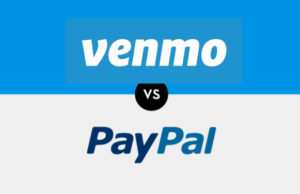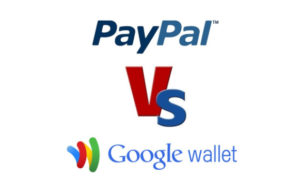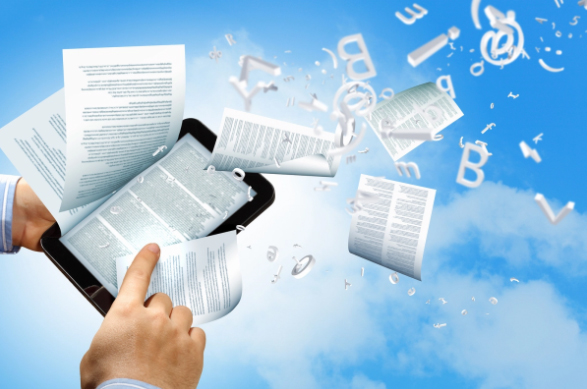
Credit cards, when used correctly, can help build your credit score.Many people strive to be debt-free, but some debt can actually be your friend. Keeping a manageable amount of debt helps you receive financing for large purchases, such as a house. But when your debt becomes unmanageable, it can scar your credit report for years, keeping you from finding necessary financing.So you have to consider certain things before Credit Card Debt Pay Off.
Credit Card Debt Pay Off- 5 Things to Consider About Debt Pay Off
We have to consider certain things before Credit Card Debt Pay Off which are discussed here.
Debt as a Friend
Our credit-reporting system is set up to reward people who pay consistently on existing debt. That means that people who prefer a cash-only lifestyle are penalized when they decide to get a loan or a credit card. A lack of debt history often makes securing financing as difficult as bad debt history. If you keep your debt under control and pay on time each month, you can build a high credit score.
Read Also : Worst Financial Mistakes to avoid in life
Credit Cards
Credit cards are one of the fastest ways to build or ruin your credit scores. It’s best to have more than one credit card so you don’t charge too much on any one card. Credit bureaus lower your score if you use too much of your available credit, so keep your card utilization below 30 percent on each card. For example, if your card has a $1,000 limit, don’t maintain a balance of more than $300 on that card at any one time. More than that charged on your card leads the credit bureaus to think you’re living beyond your means and are, therefore, a credit risk.
Although having several cards keeps you from overcharging one card, keep the number of cards you keep reasonable to make sure you can keep up with the monthly payment dates without paying any late. Keep a close eye on your interest rates because credit card companies tend to change the rates often. They may also lower your available credit if you keep a low balance, resulting in a higher utilization percentage. Instead of closing these cards, stop using them but keep the accounts open to lower your overall utilization percentage of outstanding debt vs. available credit.
Read Also : PayPal Vs Venmo : Best Online Money Transfer System Compared
Read Also : Forex trading beginner’s Guide to Earn without Loss in Forex
Loans
Revolving debt, such as personal loans or home and auto financing, helps show stability to potential creditors if the payments are always made on time. But too many loans can hurt your credit score, even if payments are made on time. Creditors often look at your debt-to-income ratio, which compares your income to the amount of your debt and the monthly payments required to maintain it. If the ratio is too high, you won’t be able to secure more loans. However, a debt consolidation loan may help by tying other debt into a single loan payment. This is sometimes possible through a home equity loan, although this raises the amount you owe on your home, making it harder to sell when you’re ready to move.
If you are worried about your poor credit score then find how to get instant loan with bad credit score
Collateral
Credit cards are usually considered unsecured debt, which means there’s no collateral required to use the credit lines. Many loans, however, require collateral before the banks give you financing. The collateral may be your house, your car or a cash investment, such as a certificate of deposit. Before agreeing to post collateral, make sure you can pay the loan even in a financial emergency. If you use your house as collateral for a business loan, for example, can you afford to personally pay that loan if you go out of business? If not, you could lose your house as well as your business.
Savings
There’s much debate on whether to invest in savings or pay off existing debt. Having some money in savings is a key to your financial stability. It’s best to have enough in savings to pay all your bills – including your debt payments.If you don’t have income for several months, such as if you lose your job. In a booming economy where jobs are plentiful, three months’ worth of savings may be enough. In a depressed economy, shoot for eight to 12 months’ worth of savings. Instead of using extra money to pay down your credit cards each month, pay the minimum payments and put the rest in savings until you have a comfortable amount saved. This won’t hurt your credit score, and it gives you a cushion to prepare you for emergencies. If the worst happens and you lose your income, you won’t have to lose your credit score because you’ll have saved the necessary money to continue your payments.
With some oriented strategies it is really easy for any person to pay off credit card debt quickly . I mean to eliminate credit card debt is not as hard as you might think. Just a lack of proper plan and understanding it would be. Follow this four golden rules to Credit Card Debt Pay Off.
- Request to lower your credit card debt interest rate this would ease your burden.
- You may have more than one credit card and it is likely to happen that you may have to pay off cards in full . But in that case it is recommended to focus on one card at a time. It doesn’t mean to neglect the other card.But focus more to reduce credit card debt than to rush to pay off debt fully.
- Make a budget that includes the priority and plans to pay off debt.
- In case of how to pay off debt when you have no money look for grants provided by government .
- Use a credit card debt calculator and stay alert about your debt.
This is guideline on Credit Card Debt Pay Off in easiest way .
Now find the top myths on credit card which would help you to get a clear ide about the use of credit card in best way.















0 comments